By the Rev. Darren Miner
As you may recall, last week’s reading from the Gospel of Mark skipped over a large chunk of text. As I mentioned then, the missing text consisted of two very important accounts in the life of Jesus: the story of the feeding of the 5000 and the story of Jesus’ walking on the sea. Well, today we get those missing stories, albeit from the Gospel of John.
It seems that word has spread that Jesus is miraculously healing the sick. And in an age when only the very wealthy could afford to consult a physician, there were many people who were sick. And they were besieging Jesus. Needing a little respite from the crowd, he climbed to the top of a hill overlooking the Sea of Galilee. When he sees that the crowd is following him even there, he doesn’t get angry. He doesn’t even complain. Instead, he expresses concern that the people will suffer hunger.
Now, Philip and Andrew, who are there with Jesus, are practical men. They know that there is little they can do for a crowd of 5000 people. Andrew points out that all they have on hand is five loaves of barley bread and two dried fishes. Philip and Andrew undoubtedly knew the story of how the prophet Elisha multiplied 20 loaves so as to feed 100 people. But for Jesus to feed 5000 from only 5 loaves would require a miracle 200 times more powerful than Elisha’s. Clearly, they didn’t think it possible—even for Jesus. But they were wrong—very wrong! Jesus took the bread and the fishes, blessed them, and distributed them. All were filled, and there were even leftovers!
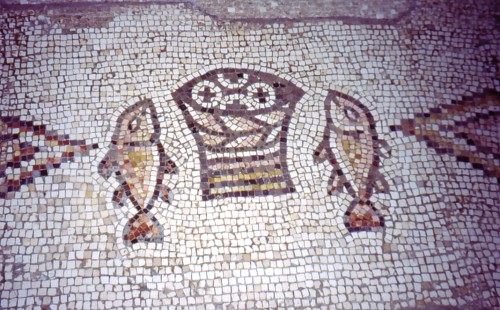
This great miracle is followed immediately by two more. First, we are told that Jesus took an evening stroll upon the Sea of Galilee in the midst of a windstorm. Second, we are told that he miraculously teleported a boatful of distressed disciples to safety on the shore.
All these miracles point to but a single fact: Jesus is divine. And we have been shown the evidence. He performs a feeding miracle 200 times more powerful than that of the ancient prophet Elisha. He walks on the sea and stills the storm, showing himself master over the elements. By the power of his will, he transports a boat to shore. In other words, this man Jesus does what only God can do. And John tells us these amazing stories, not to entertain, but so that we may believe and thus be saved.
Now, we Christians tend to think of salvation, when we think of it at all, as something in the future, something we experience only after death. We rarely think of salvation as something that happens to us in the here and now. But it is! We can experience salvation, what John refers to as “eternal life,” right now…through God’s grace.
Now, God saves by his grace in myriad ways. But for us Christians, the preeminent means of receiving God’s grace are the sacraments of Baptism and Holy Eucharist. For too long, we have been deprived of sacramental grace. But next Sunday, for the first time since March 2020, we will make Eucharist together. And on that day, we will rejoin the ranks of the 5000 men, women, and children fed by Jesus. Let me explain why I say this.
As some of you may remember, Mathew and I went on a pilgrimage to the Holy Land three years ago. One site we visited was Tabgha, a now abandoned village by the Sea of Galilee. There, a church was built in the fifth century, commemorating the site as the very spot where Jesus miraculously multiplied the loaves and fishes. On the floor of that Byzantine church, just beneath the altar, there is a mosaic of two fishes and a basket of bread. But upon close inspection, something seems wrong. For there are only four loaves of bread in the basket, not the expected five. It was explained to me that the missing fifth loaf is none other than the bread on the altar, awaiting to be blessed, broken, and distributed in the Name of Christ. In other words, the miraculous feeding of the 5000 never really ended. And next week, we will have the opportunity to partake of the bread of Holy Communion once again. We will have the opportunity to participate once more in the very same miraculous feast that took place on that grassy hill in Tabgha some 2000 years ago. Brothers and sisters, let us keep the feast!
Amen.
© 2021 by Darren Miner. All rights reserved. Used by permission.

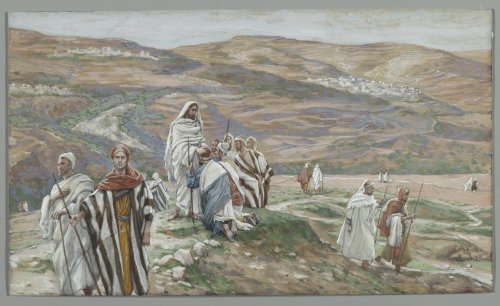
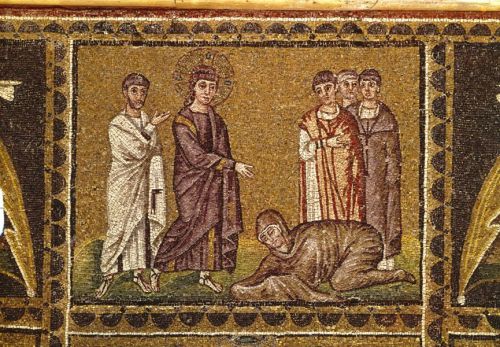





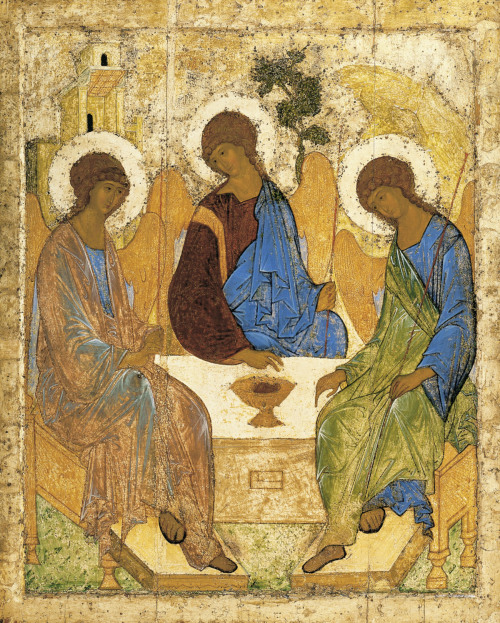
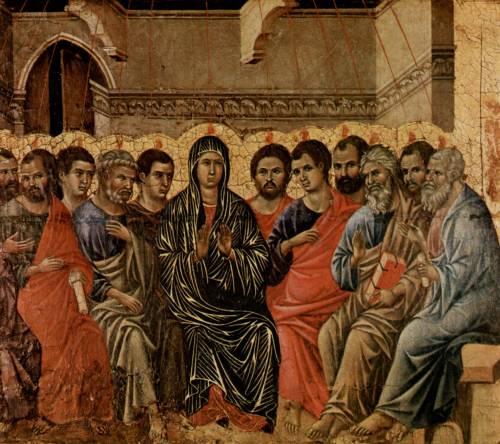
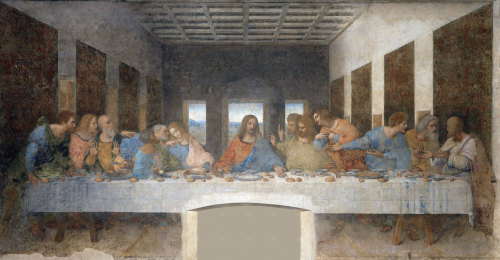
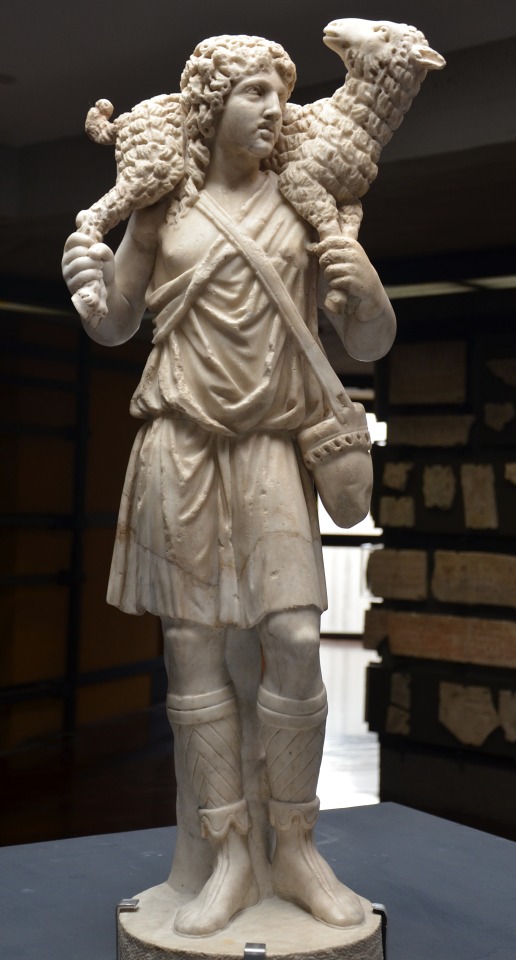
You must be logged in to post a comment.